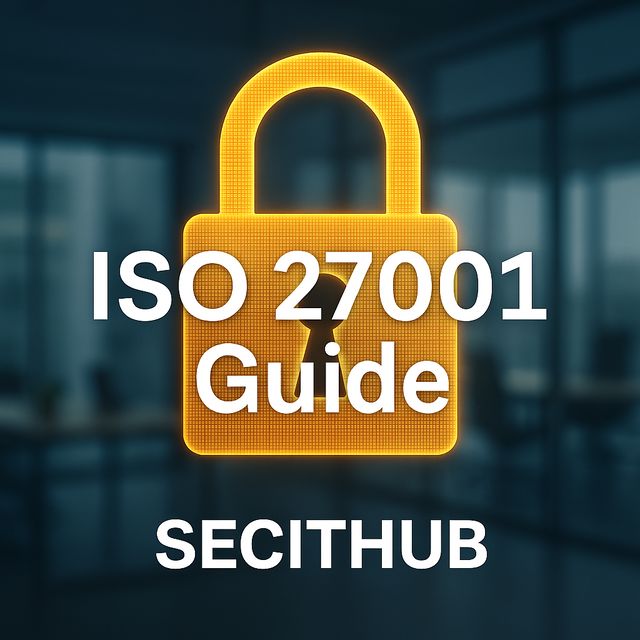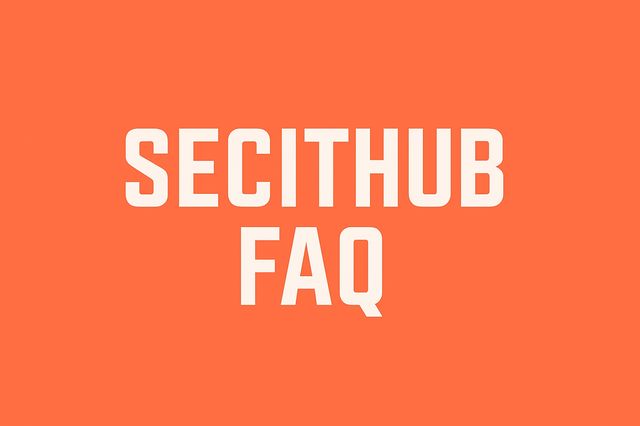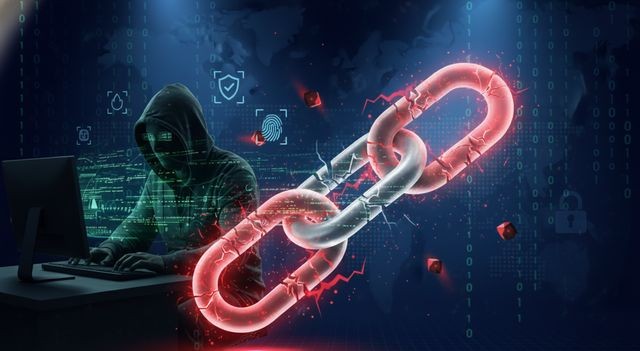By 2025, ISO 27001 has evolved from a compliance framework into a strategic growth engine.
It enables SMBs and enterprises to build trust, accelerate deals, and strengthen governance through continuous monitoring, automation, and leadership alignment.
Treating ISO 27001 as a business system not just an audit transforms compliance into a measurable driver of resilience and customer confidence.
The New Era of Compliance | ISO 27001 as a Business Strategy
By 2025, ISO 27001 has transformed from a regulatory checkbox into a strategic business advantage.
What once served as a compliance framework for auditors has now become the core indicator of digital credibility a signal to customers, investors, and partners that an organization can be trusted with their most valuable asset: data.
Modern businesses no longer view ISO 27001 as an optional certification or a one-time project.
It is now seen as a continuous business system a living, evolving process that strengthens every layer of the organization, from governance to IT operations.
Companies that align their growth strategies with ISO 27001 principles are discovering measurable ROI: faster deal cycles, fewer security incidents, and greater customer retention.
From Compliance to Competitive Differentiation
In the early days, many organizations pursued ISO 27001 simply to meet contractual or regulatory demands.
But that mindset has shifted.
Today, the certification has become a competitive differentiator, especially in industries where clients demand verifiable security standards before signing a contract.
Procurement teams, investors, and even end-users now use ISO 27001 certification as a trust signal — a proof point that a company is serious about protecting confidentiality, integrity, and availability across its operations.
A 2024 survey by Secureframe found that companies holding ISO 27001 certification experience on average 40% faster vendor onboarding and 30% higher renewal rates compared to uncertified peers.
This reflects a broader truth: compliance is no longer just about risk avoidance it’s about growth enablement.

How do you protect and manage your data and can you demonstrate it
The ISO/IEC 27001 framework answers that question through an Information Security Management System (ISMS) a structured model for governing data, managing risk, and driving accountability across every level of the business.
The 2022 revision modernized the standard to match today’s threat landscape: hybrid cloud deployments, third-party dependencies, AI-driven workflows, and 24/7 digital operations. Its 93 controls, restructured under four core domains Organizational, People, Physical, and Technological now emphasize adaptability, automation, and leadership alignment.
For small and medium-sized businesses (SMBs/SMEs), ISO 27001 in 2025 is more than a certificate it’s a strategic enabler. It shortens sales cycles, opens enterprise contracts, and embeds trust into every digital process.
Why It Matters
Compliance no longer protects reputation it defines it.
An ISO-aligned organization shows maturity, resilience, and readiness to operate in an ecosystem where data integrity equals market access.
Emerging Priorities Shaping ISO 27001 in 2025
The cyber landscape has shifted again and ISO 27001 implementations must evolve accordingly.
Here are the top forces reshaping how organizations apply the standard this year
AI & Machine Learning Risks
With AI embedded into business operations, new risk vectors have emerged: data poisoning, model manipulation, bias amplification, and unauthorized data exposure.
Modern ISMS frameworks now explicitly map AI systems into their risk registers setting policies for data training, access control, audit logging, and decision accountability.
Supply Chain and Third-Party Assurance
The weakest link remains external.
In 2025, large enterprises require ISO 27001 certification as a minimum bar for vendor onboarding.
Your certification now serves as proof of governance, enabling faster procurement cycles and ensuring you don’t become part of someone else’s breach headline.
ESG and Responsible Data Governance
Sustainability and cybersecurity now intersect. Boards and investors evaluate how responsibly you manage information not just whether it’s encrypted.
ISO 27001 supports ESG alignment by proving ethical data use, transparency, and accountability, strengthening stakeholder trust.
Continuous Monitoring and Automation
Yearly audits are no longer enough. Leading SMBs integrate their ISMS with real-time telemetry from SIEM, EDR, and cloud platforms turning compliance into continuous visibility.
Why It Matters
These shifts push ISO 27001 from a static certification toward a living security ecosystem, where governance, automation, and risk intelligence operate in sync.
The Real ROI of ISO 27001 for SMBs
Implementing ISO 27001 requires investment but it returns measurable value far beyond compliance.

Typical Cost Breakdown (for SMBs and mid-sized organizations)
Gap analysis & consulting: $10,000–$25,000
Implementation & training: $15,000–$40,000
Certification audit (Stage 1 & 2): $5,000–$15,000
Annual maintenance & improvement: $3,000–$10,000
Key ROI Drivers
Faster enterprise onboarding – certification pre-answers vendor due diligence.
Higher win rates – ISO 27001 often determines eligibility for major contracts.
Reduced incident impact – structured processes lower mean time to detect and recover.
Lower insurance premiums – evidence-based governance cuts cyber-risk cost models.
Improved client retention – customers trust certified partners over uncertified competitors.
The Cost vs. Value Equation
Organizations that treat ISO 27001 as an evolving management framework not a one-time audit exponential returns: simplified compliance mapping (GDPR, SOC 2, NIS2), stronger internal culture, and leadership alignment around measurable KPIs.
Why It Matters
In markets where trust equals revenue, ISO 27001 isn’t a cost center it’s a growth engine.
A Modern Roadmap to ISO 27001 Certification
Certification success doesn’t come from speed it comes from structure and clarity.
Here’s a roadmap aligned with 2025 realities for SMBs pursuing ISO 27001
Define Scope and Leadership Commitment
Establish what business units, systems, and partners fall under your ISMS. Get C-level buy-in leadership accountability is now a formal audit criterion.
Run a Gap Assessment
Compare your current security posture to ISO 27001 requirements. Identify missing policies, controls, or risk management processes.
Develop and Implement Policies
Create clear, concise documentation for access control, incident response, supplier management, encryption, backups, and secure development.
Perform Risk Assessment and Apply Annex A Controls
Implement only the controls relevant to your environment tailor each to your organization’s risk profile and scale.
Train and Involve Your Team
People remain the strongest control. Build awareness across departments and define clear roles during incidents or audits.
Conduct Internal Audit
Test your ISMS internally before bringing in external auditors. Correct non-conformities early.
Stage 1 & Stage 2 Certification Audit
Engage an accredited certification body. Stage 1 reviews documentation; Stage 2 verifies implementation and effectiveness.
Continuous Improvement and Monitoring
Integrate your ISMS with monitoring tools (Microsoft Sentinel, Splunk, ServiceNow). Measure performance using KPIs vulnerability closure rates, incident response times, training completion, etc.
Why It Matters
The organizations that treat ISO 27001 as a continuous management system not a compliance sprint maintain lasting certification and operational maturity.
The New Definition of Trust
Security without compliance is chaos.
Compliance without security is theater.
The power of ISO 27001 lies in merging both transforming technical controls into measurable governance.
In an era defined by remote work, AI-driven systems, and constant data exposure, trust is the new currency of business.
Boards and CISOs understand that compliance must now deliver tangible outcomes:
reduced breach probability, faster sales enablement, improved cyber insurance coverage, and stakeholder confidence.
Organizations that treat ISO 27001 as a business strategy not an obligation gain a decisive edge.
They embed a culture of accountability, transparency, and security-by-design that strengthens both brand reputation and operational efficiency.
In short, ISO 27001 is no longer about passing an audit it’s about proving your resilience, credibility, and readiness to grow in a digital world.
By 2025, certification has become the entry ticket to serious business.
It signals that your company values transparency, accountability, and resilience not just technology.
References
How to Implement ISO 27001: A 9-Step Guide – itgovernance
How To Implement ISO 27001: A Step By Step Guide – hightable
How To Get An ISO27001 Certification – cybersaint

ISO 27001 is the global standard for information security management. In 2025, it has become a strategic business tool for proving trust, compliance, and data protection readiness.
For SMBs, ISO 27001 speeds up vendor onboarding, increases client trust, reduces insurance premiums, and improves overall operational maturity through structured governance.
The new structure introduces 93 controls across four domains Organizational, People, Physical, and Technological with focus on automation, cloud security, and AI-driven risk management.
Typical costs range from $25,000 to $75,000, depending on size and complexity. However, the ROI includes faster deal cycles, reduced breach risks, and higher customer retention.
Most SMBs achieve certification within 6–9 months. The timeline depends on existing security maturity, scope, and internal resource commitment.


